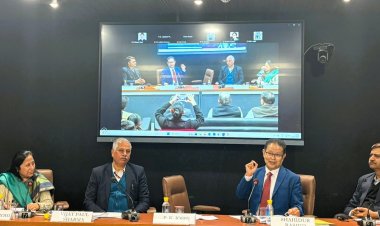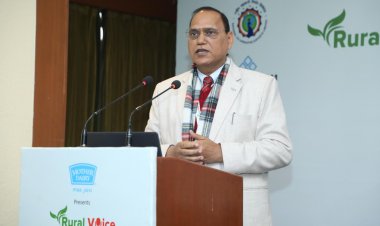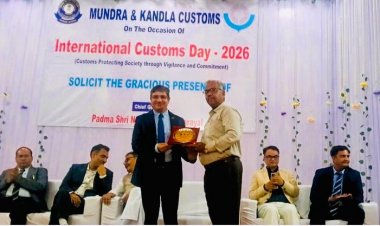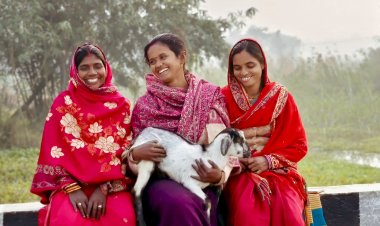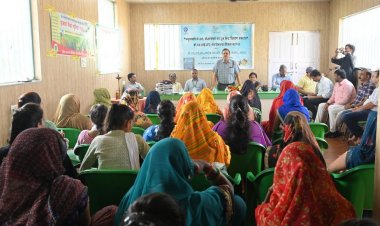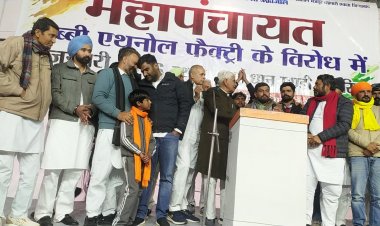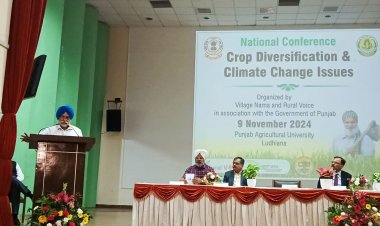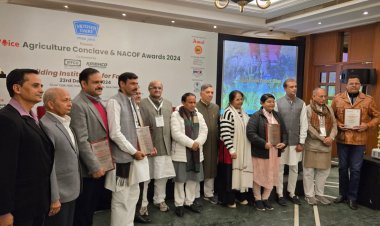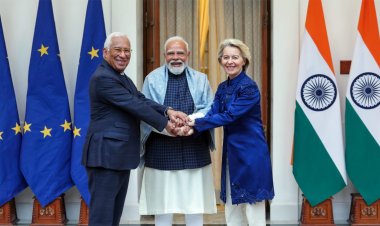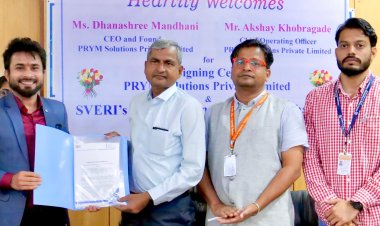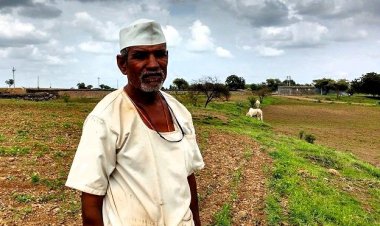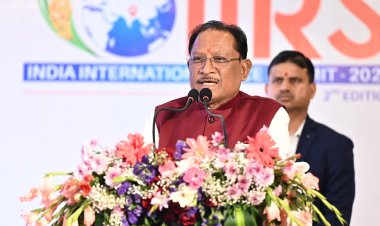Millets: From Climate Smart to Income Smart
more than 80 startups in the millet sector developing well-packaged products, and acknowledged the innovation from large retail organisations.
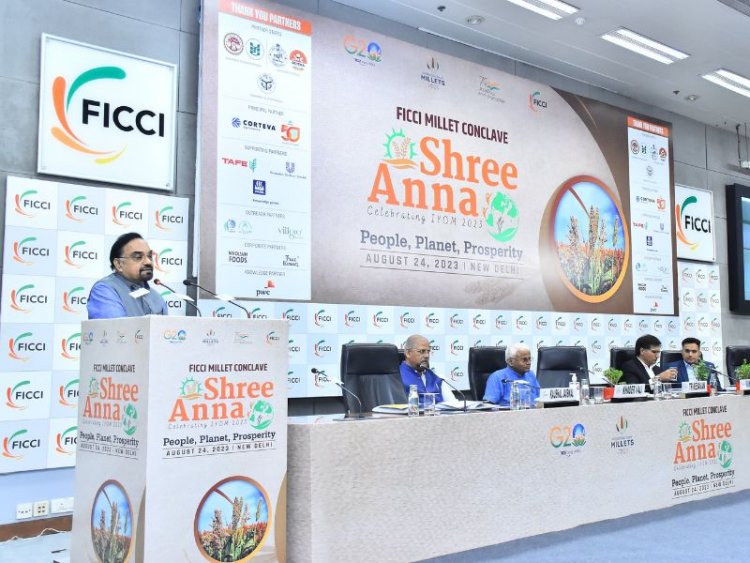
Speakers at a FICCI Task Force on Millets said it is time to bring Amrit Kaal for Shree Anna and Indian farmers, that is, from 'Climate Smart to Income Smart'. Addressing the FICCI Millet Conclave ‘Shree Anna’, Joint Secretary (Crops, Oil Seeds), Union Ministry of Agriculture and Farmers’ Welfare, Shubha Thakur expressed delight at the engagement of younger individuals and the vibrant startup movement promoting millets.
Reflecting on the past one and a half years, she noted the significant growth of startups in the millet sector, which has captured the attention of the highest levels of government. She emphasised the importance of making the millet movement a mass movement in India and globally. APEDA Secretary Dr Sudhanshu highlighted the emergence of more than 80 startups in the millet sector developing well-packaged products, and acknowledged the innovation from large retail organisations.
He emphasised the need for continuous efforts to provide guidance and support to small entrepreneurs and startups in the millet area, recognising the need for handholding rather than focusing solely on large export houses. In addition, he stressed sustaining the momentum after the launch of the campaign and expressing the commitment to take it to the next level.
Speaking on occasion, Chairman of the FICCI National Agriculture Committee & Group President, TAFE, TR Kesavan advocated integrating millets in regular diet, emphasising its multifaceted benefits, including nutritional value, climatic resilience, and income generation for farmers. He highlighted the challenges in cultivation, the need for mechanisation, and the importance of making millets profitable.
Celebrity Chef Ranveer Brar, in his special address, endorsed the 'Year of the Millet 2023' campaign, urging a return to the traditional use of millets in Indian cuisine. Reflecting on the nation's culinary history, he emphasised that millets were once extensively used across all cultures, states, and cuisines in India before being overshadowed by rice and wheat. He dismissed the notion that cooking with millets is difficult. "I've always, as a chef, said that as a country, we've all grown up eating millet, and then somewhere down the line, we moved on to rice and wheat. I think we need to unlearn," Chef Brar stated, encouraging a return to culinary roots to understand how millets were originally used. He also highlighted the environmental responsibility associated with millet, describing it as a low environmental impact grain, especially concerning water consumption.
Dr Khader Vali, known as the 'Millet Man of India', said millets could eliminate various diseases. He said that millets go beyond nutrition, offering a unique solution to global health challenges. Dr Vali highlighted the sustainable cultivation of millets, which requires minimal water, and lamented the disappearance of many traditional varieties. His insights served as a call to action, urging a reconnection with millets, recognising their unparalleled health benefits, and promoting sustainable cultivation.
Ravinder Balain, President South Asia at Corteva Agriscience, highlighted the United Nations' declaration of 2023 as the International Year of Millet on India's proposal and the Indian government's subsequent initiatives to raise awareness about millets. Corteva is built on a belief in partnering with farmers and has been working to support resilience by advancing economic, environmental and social sustainability through proven science. He said that in Corteva they firmly believe that "when farmers succeed, everyone wins".
On the occasion, FICCI PwC Knowledge Report: Propelling India’s millet sector towards a sustainable future, was released. Speaking on the report, Shashi Kant Singh, Partner at PwC India, outlined the policy implications for the next 10 to 15 years, production aspects, awareness creation, innovation, and market development for millets. He emphasised the need to create both domestic and international demand for millets and acknowledged the significant work done by the government in promoting millets. Singh also suggested that this can well be a jewel in India’s soft power diplomacy, reflecting the growing importance of the ‘Shree Anna’ in the global context.
The programme also saw the felicitation of winners of the 2nd Edition of Millet Startup Awards and Millet Idea Competition of Higher Education Students on “Creating India's Millet Revolution: Game-Changing Idea”. A bajra cake was also cut to celebrate the occasion.



 Join the RuralVoice whatsapp group
Join the RuralVoice whatsapp group

















